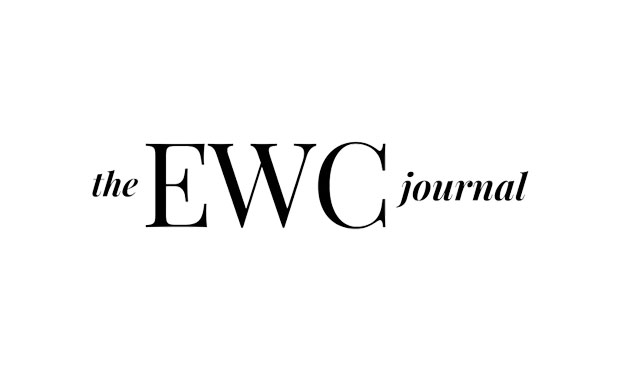By: Amy Dong
Republican and Democratic lawmakers confronted tech giant executives Jeff Bezos of Amazon, Tim Cook of Apple, Mark Zuckerberg of Facebook, and Sundar Pichai of Google on their use of market tactics in amassing data and profits while crushing competitors during Wednesday’s congressional hearing.
In a nearly six-hour long hearing, lawmakers of the House’s antitrust committee revealed evidence from documents, interviews, and private messages, criticizing the market dominance of top tech giants Amazon, Apple, Facebook, and Google. Democrats condemned the “big four” companies for smothering competitors and building up their enterprises using allegedly unfair means, while Republicans criticized companies for stifling conservative voices.
“As gatekeepers to the digital economy, these platforms enjoy the power to pick winners and losers, shake down small businesses and enrich themselves while choking off competitors,” said Representative David Cicilline, Democrat of Rhode Island and chairman of the House Judiciary Committee’s antitrust subcommittee. “Our founders would not bow before a king. Nor should we bow before the emperors of the online economy.”
Representatives fired a barrage of questions, touching on topics from plots to suppress younger competitors to political bias in company products. Having testified remotely through Cisco’s Webex video conferencing service, Pichai, Zuckerberg, Cook, and Bezos defended themselves against the line of questioning, painting a rags-to-riches success story on their respective companies sustained through honest customer support in a competitive digital marketplace.
This hearing was a major contrast to where these tech giants stood a few years ago, as their companies growth and wealth were admired as symbols of success and national innovation. Yet, the companies have lately been embroiled in controversy, from alleged misinformation, privacy issues, election interferences, and labor abuse. In addition, the growing power of these giants, whose combined net worth amounts to more than five trillion dollars total, sparks alarm in the lawmakers and the public alike.
The hearing marks the first time tech chief executives have been scrutinized for their companies since Microsoft’s trial in the late 1990s for antitrust charges. Yet any impact from the hearing will be constrained by antitrust laws that are unfit for dealing with the online nature of these tech companies, as the scope of digital services are not measured by the prices that enforcement officials have been using to test for antitrust violations. Despite this fallback, the proceedings provide evidence for further investigation into the tech giants, as departments such as the Justice Department and the Federal Trade Commission prepare to further investigate the dominance of companies such as Google and Facebook.
“This is a critical juncture in how the Washington policy clash with the titans of Silicon Valley unfolds,” said Gene Kimmelman, a former Justice Department antitrust official.
In addition to Washington, regulators worldwide have begun to limit the reach of technology companies. Turkey recently passed legislation allowing its government to regulate social media content, and Europe has maintained antitrust investigations.
President Trump also called for a limit to tech power, stating in a Twitter post that he intends to issue an executive order to constrain companies if Congress would not.











